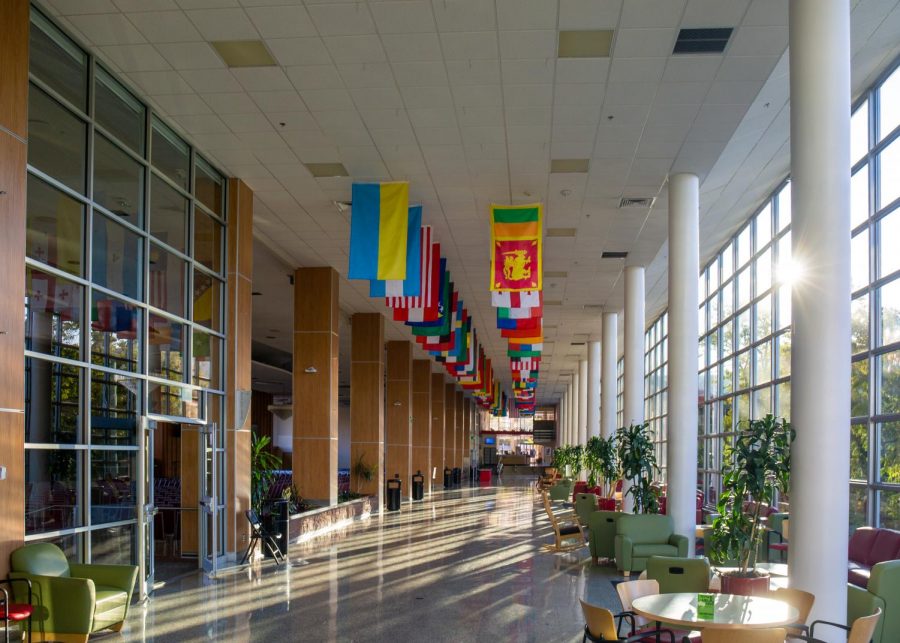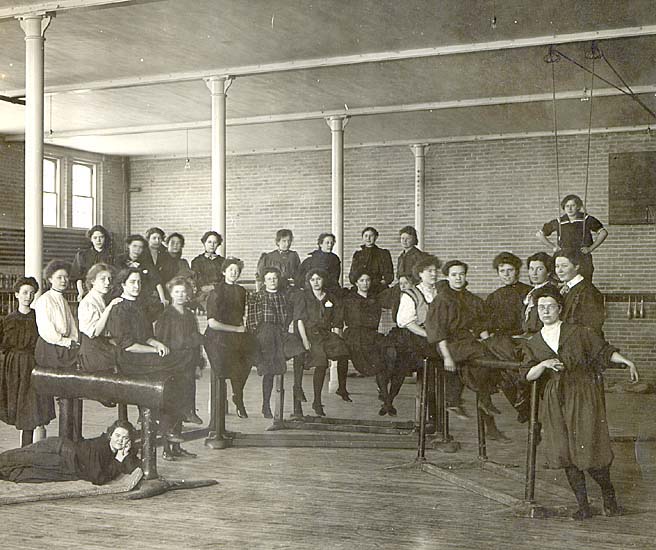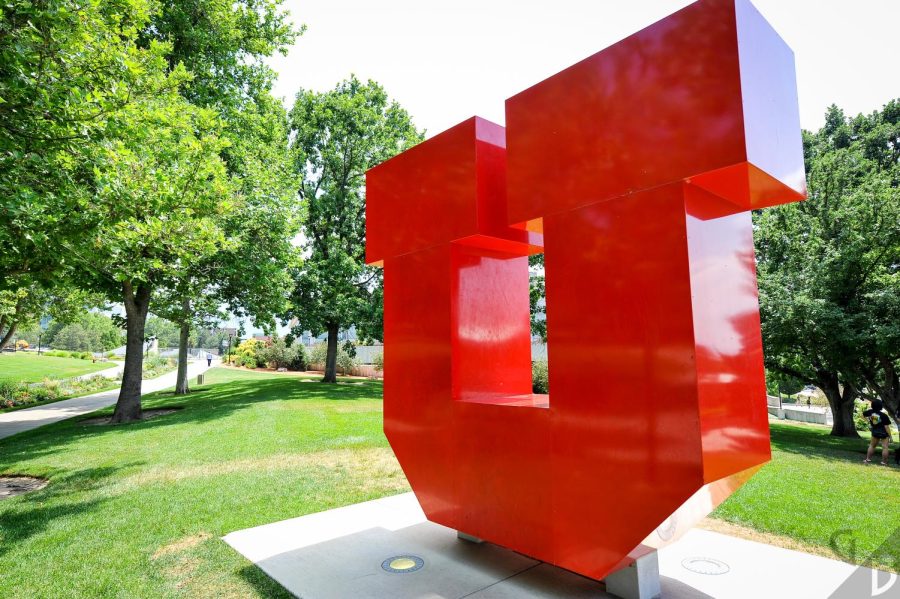OPT Offers Solutions for International Students Post-Graduation
A. Ray Olpin Union at the University of Utah. (Tom Denton | Daily Utah Chronicle)
February 11, 2022
According to United States Citizenship and Immigration Services, international students graduating from a college or university in the U.S. through an F-1 student visa can apply for Optional Practical Training, and through an OPT application are eligible to stay in the U.S. for up to three years post-graduation.
“Post-Completion OPT, commonly referred to as OPT, is designed to provide students an opportunity to gain temporary employment experience in their program of study for one year after they have completed their coursework in their degree program,” said Annabel Cho, associate director of Immigration and Policy, International Student and Scholar Services. “Its purpose is to ‘round out’ or complement the students’ academic work.”
According to Cho, students in STEM degree programs could qualify for an additional 24-month extension of their practical training through STEM OPT.
“In general, F-1 students are eligible to apply if they are in lawful student status for an academic year, two consecutive semesters, prior to the start of their Post-Completion OPT,” Cho said. “They should not have accumulated more than 12 months of full-time Curricular Practical Training during their current degree program, and should have an anticipated program end date while graduating [from] a bachelor’s, master’s or Ph.D. program.”
Cho also said students must not have previously been approved for post-completion OPT on the same degree level.
ISSS always recommends that students attend one of the webinars that they host each semester on OPT, review policy guides on the application process and meet with an international student advisor prior to applying.
“It’s important for students to review our policy guides that outline when to apply, the qualifications, the detailed steps and the fees associated with this process,” Cho said. “Students work with our office for the first steps in receiving our recommendation for them to apply for OPT with the USCIS.”
The final decision in a student’s application for OPT is made by USCIS. The policy guide for post-completion OPT is on the ISSS website page of Policies and Forms for F-1 Students.
In a recent workshop on Jan. 27, 2022, Steven Burnett, an international service advisor at the University of Utah, said that if students fail to graduate as expected and the students have not mailed their OPT application to USCIS, ISSS will extend the student program date to the end of the next semester.
He said that this process must be done before the student’s I-20 expires, or they will be out of status.
“Students who have been authorized for post-completion OPT must leave the U.S., transfer to a new school or begin a new program before they accrue more than 90 days of unemployment that will be counted from the OPT start date,” Burnett said.
Burnett said that if students work fewer than 21 hours per week, this will count toward the 90 days of unemployment.
“Students may volunteer or intern,” Burnett said. “However, volunteering is not allowed on STEM OPT and students must have a paid position in order to apply for the STEM OPT.”
Sue Seong, a U communications graduate, is currently working as a social media specialist for the security company Sophos, which provides a cybersecurity solution, with OPT status.
When international students get a job on OPT, an important part is the job search period. According to Seong, international students set the desired start date when applying for OPT, and the date can be set up to 60 days from the graduation date.
Additionally, she said international students should check the job qualification carefully when they search for a job.
“In some positions, they have a limitation of U.S. citizen only,” Seong said. “Even though they passed the final interview, they may not be able to work.”
International students also have to discuss immigration status after OPT with the company. According to Seong, the visa that the company can support for international students is H-1B, a working visa or a U.S. Green Card. An H-1B visa has to be won by lottery; even if the company sponsors a student for this visa, they cannot get it unless they win the lottery.
“First, do not fall apart,” Seong said. “At the beginning of searching for the job, you can experience frustration through numerous failures, but the company that needs your skills is definitely waiting for you.”
Her second piece of advice for anyone starting OPT is to not hesitate to get advice.
“If you tell them your issues, [someone] who has already experienced the problems you have experienced can tell you proper ways to make your situation better,” Seong said.
ISSS recommends students to come to their next OPT workshop, which will be held on March 15 from 2-3 p.m. MDT, review their online policy guides and schedule an appointment to meet with one of the international student advisors prior to submitting their application.
For more information about OPT, check the International Student and Scholar Service’s OPT Policy Guide.









Joe • Feb 12, 2022 at 3:12 am
Optional Practical Training amounts to the government offering a $10,000 per year incentive to employers for hiring a foreign college graduate instead of a U.S. citizen or permanent resident college graduate. This bonus takes the form of the employer being exempt from paying payroll tax for their foreign college graduates (due to their student status, which they technically still have under OPT in spite of having graduated).
By way of example: In 2017 alone, Amazon employed 3,655 foreign workers on OPT[1]. Amazon’s average starting salary for “entry-level engineers” is approximately $108,000[2]. Social Security and Medicare tax rates for employers is 6.2% and 1.45%, respectively (7.65% combined)[3].
On one worker alone, Amazon saved $8,262/yr by preferring an OPT worker instead of an American worker ($108,000 X .0765). On all 3,655 OPT workers they hired in 2017, Amazon saved a total of $30,197,610 in one year by preferring OPT workers instead of American workers ($8,262 X 3,655). You read that right. $30 million. Why hire Americans, eh?
[1] US Immigration and Customs Enforcement
2017 Top 200 Employers for Pre‐ and Post‐Completion Optional Practical Training (OPT) Students
[2] Tuttle, Beecher (16 April 2019).
Comparing salaries and bonuses at Facebook, Amazon and Google
efinancialcareers
[3] Internal Revenue Service (14 Feb 2020).
Topic No. 751 Social Security and Medicare Withholding Rates